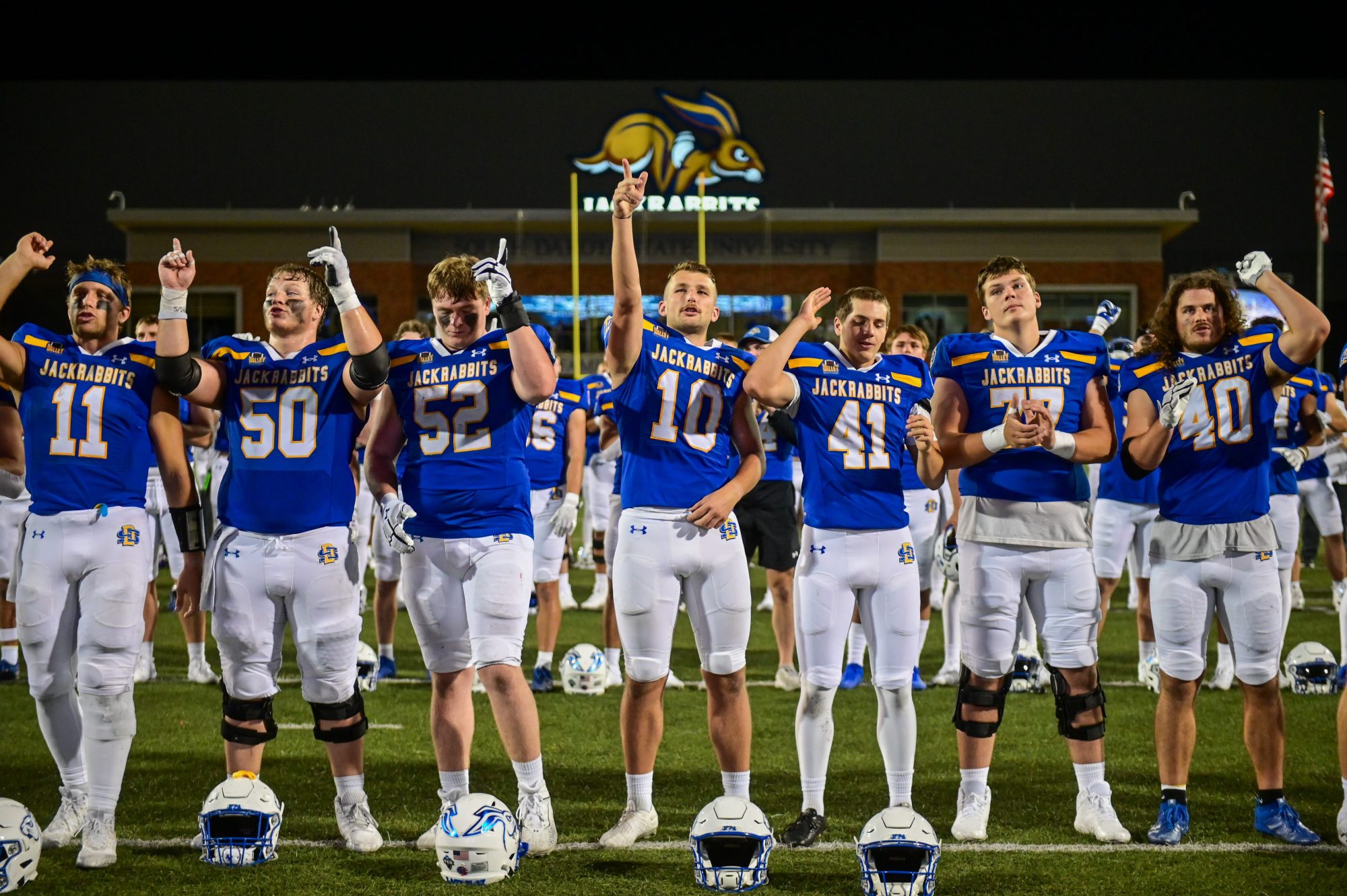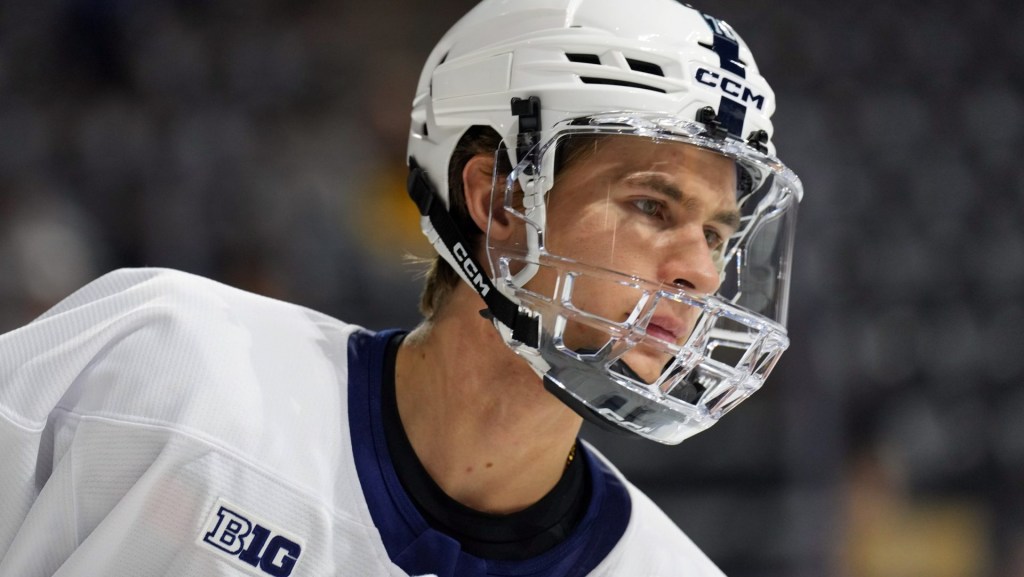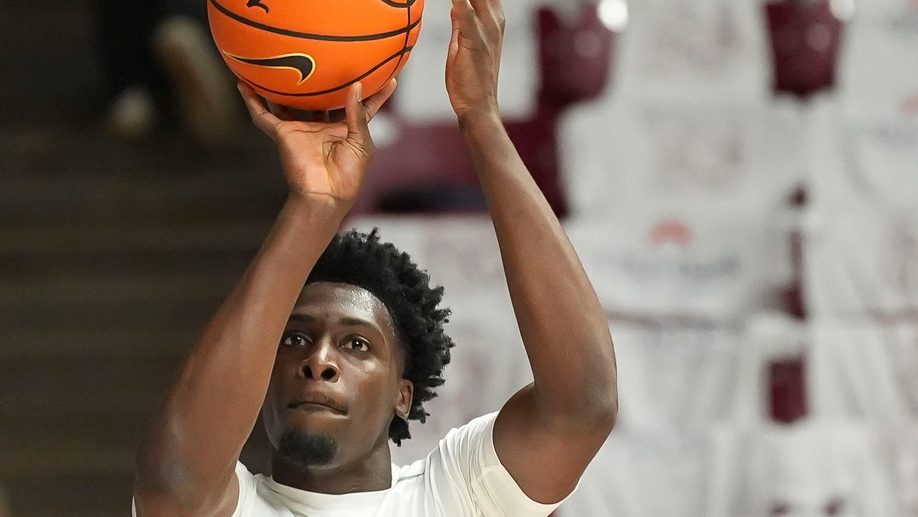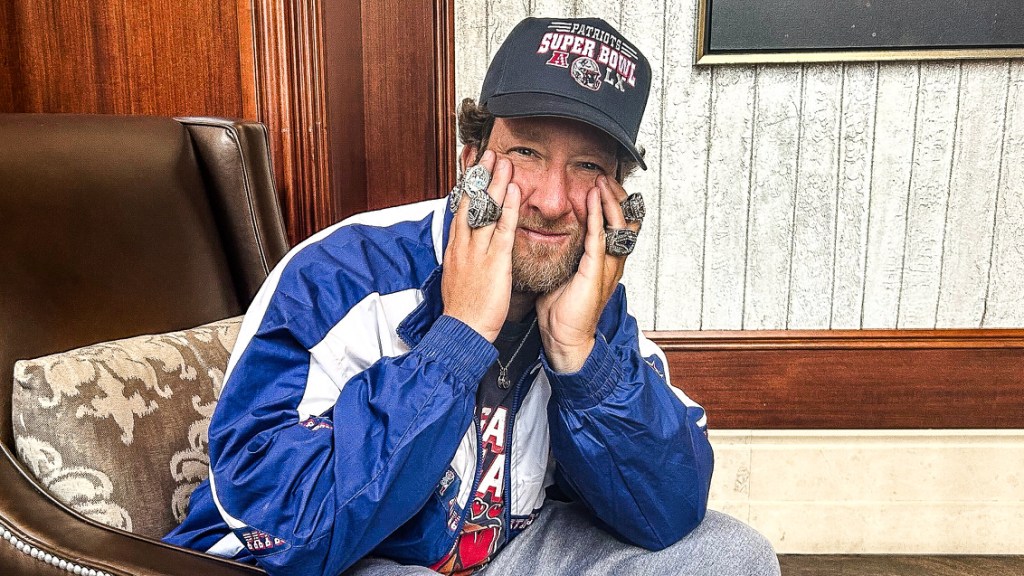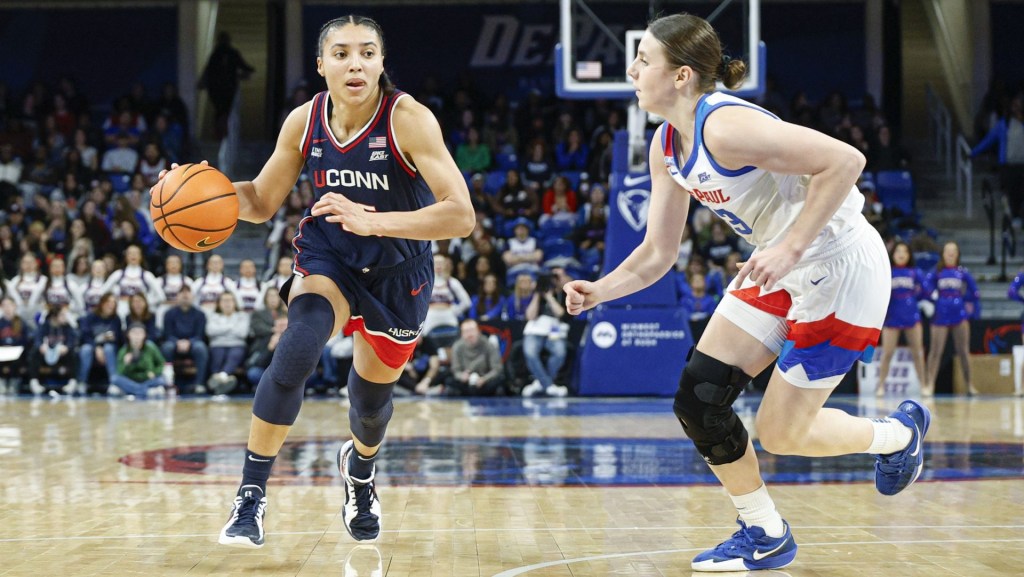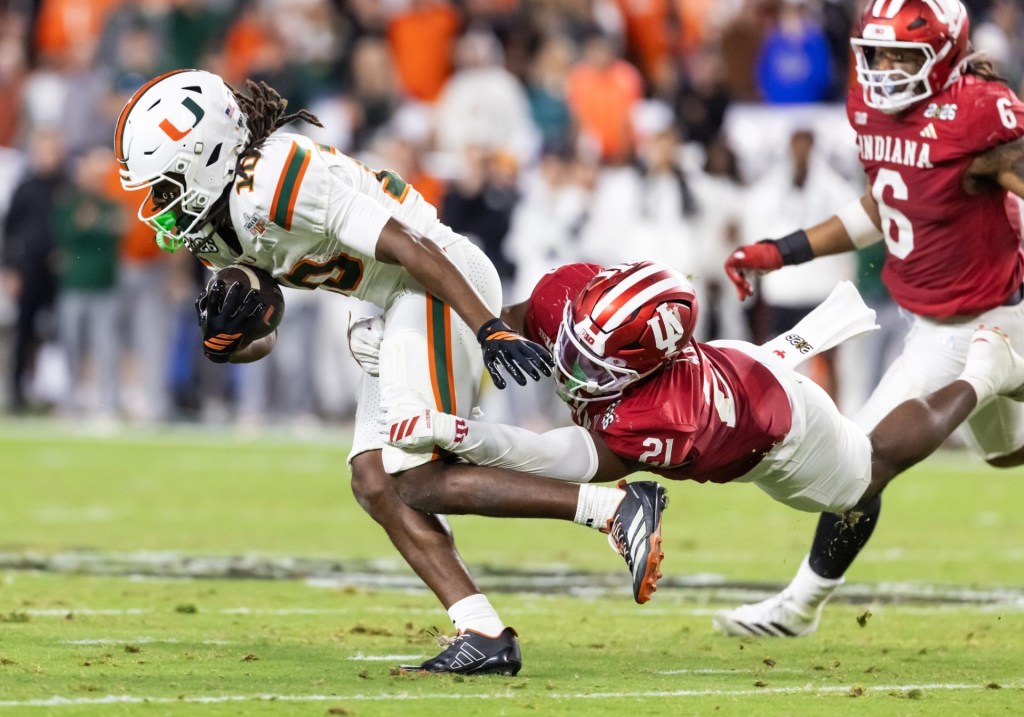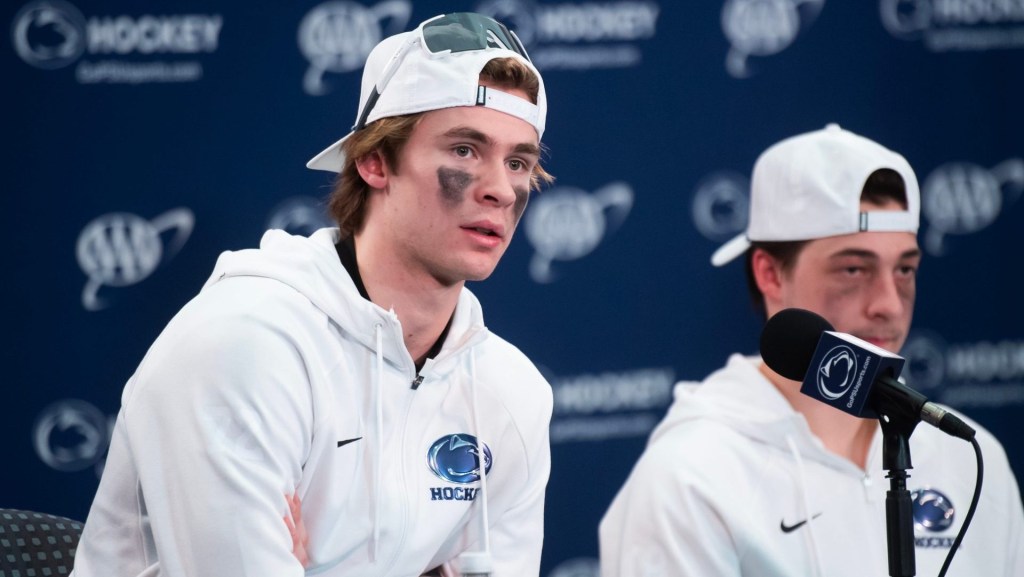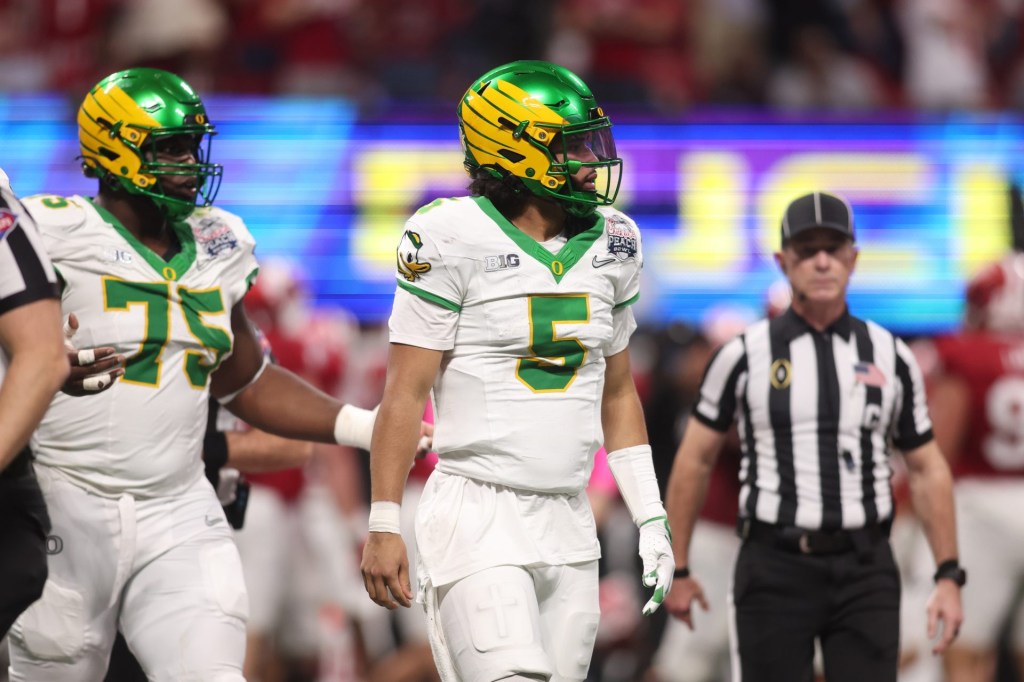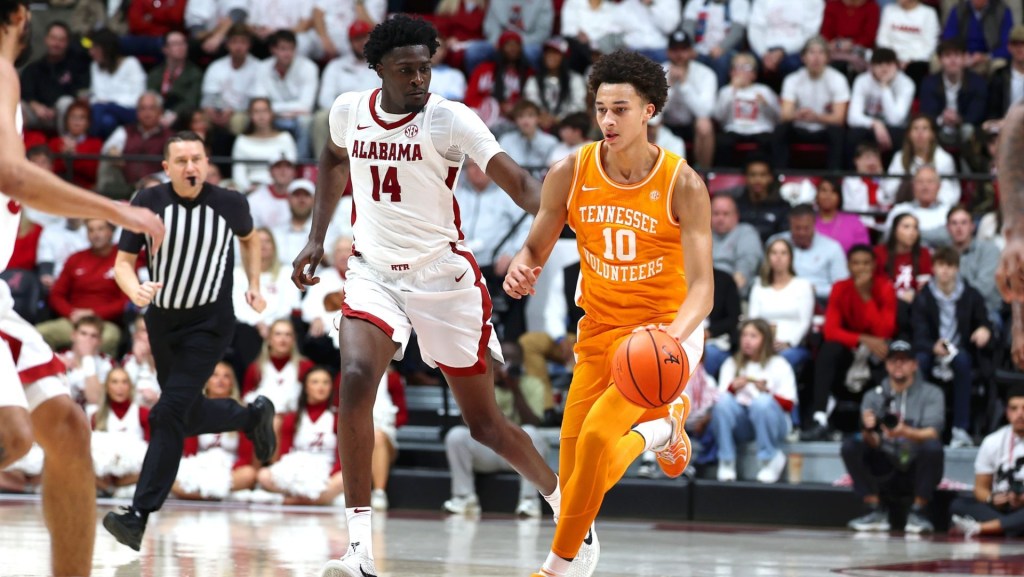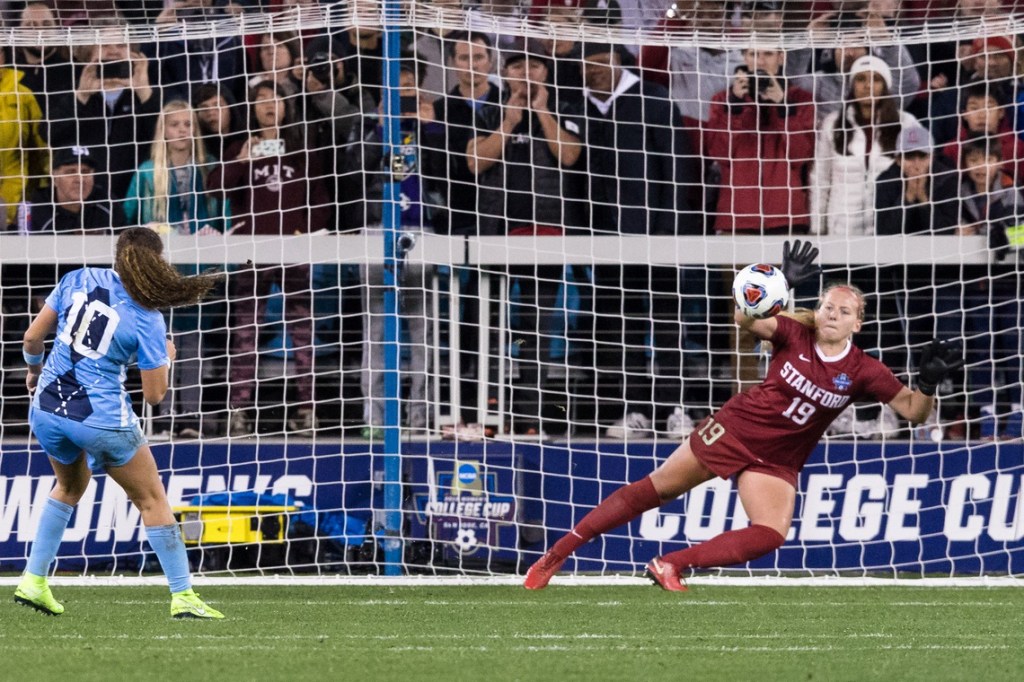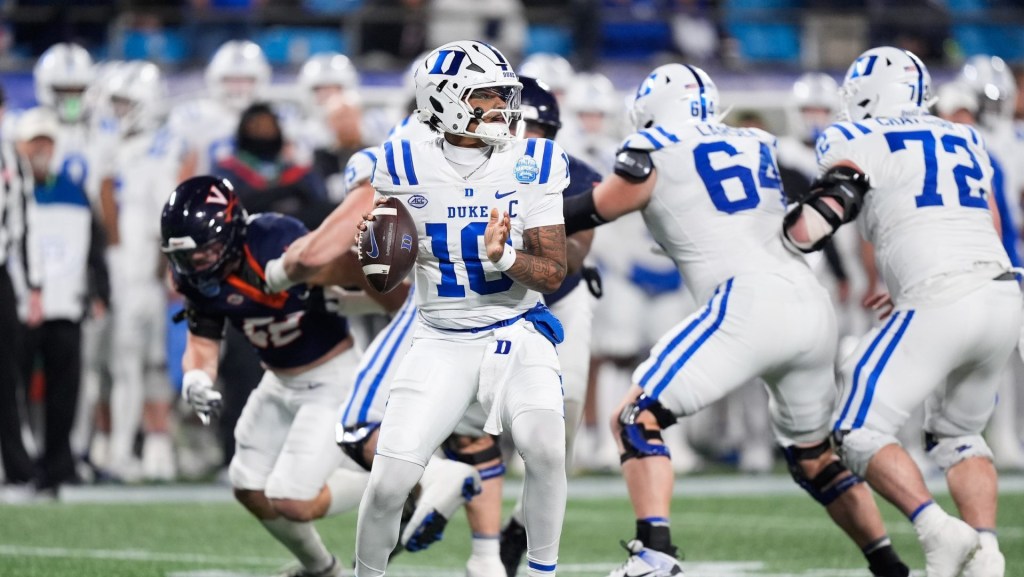Less than a week after a federal judge told attorneys to “go back to the drawing board” on the House v. NCAA settlement, the proposal has been hit with an objection from a state attorney general.
On Tuesday, South Dakota attorney general Marty Jackley filed a lawsuit against the NCAA over the financial structure of the settlement, which it says are unfair to non-power conference schools and female athletes. The complaint, filed in Brookings County Circuit Court, was joined by the South Dakota Board of Regents representing both South Dakota State University and the University of South Dakota.
“I am disappointed that our South Dakota athletes and universities are paying the price for a settlement that did not involve any of our conduct,” Jackley said in a statement. “This settlement unlawfully and blatantly discriminates against female student-athletes by limiting them to less than 10 percent of the proceeds.”
In July, the NCAA and Power 5 conferences filed a proposal to settle House v. NCAA as well as two other antitrust lawsuits. The settlement contains two components: $2.8 billion in back-pay for athletes who couldn’t participate in NIL (name, image, and likeness) before 2021 and a future revenue-sharing agreement. Just last week, Northern District of California Judge Claudia Wilken did not grant preliminary approval to the settlement, mostly because of issues related to rules restricting NIL collective deals. The parties now have three weeks to determine whether they can still settle.
In the meantime, however, South Dakota’s attorney general—and the two universities in the state—argues in court documents that the settlement unfairly burdens non-power conference schools financially, even though they have no participation and had no say in the proposal. The NCAA’s portion of the damages will partially be paid by reductions to annual distributions to all Division I conferences—a reality that conferences originally decried, but have since decided to go along with, as Front Office Sports previously reported. The 13-page complaint also said the settlement finances are presented “in a manner that treats male and female athletes differently.”
Part of the settlement approval process includes formal objections. So far, three groups of athletes have filed official grievances, though one has since been withdrawn. Houston Christian University, a D-I FCS school in the Southland Conference also filed an objection in June with similar gripes to the South Dakota contingent, though Judge Wilken declined to consider it mostly because Houston Christian wasn’t a party to the lawsuit.
“It’s a step beyond an objection to the House settlement,” Boise State sports law professor Sam Ehrlich tells FOS. “As we saw with Houston Christian, there’s no way to object within the confines of that approval process, so this seems like a backhanded way to object to the disbursement mechanism in the House settlement. It probably doesn’t disturb the settlement itself [to the extent it’s still going to be a thing], but it could throw a major wrench in the way the NCAA wants to pay for it.”
The NCAA did not immediately respond to an emailed request for comment.
